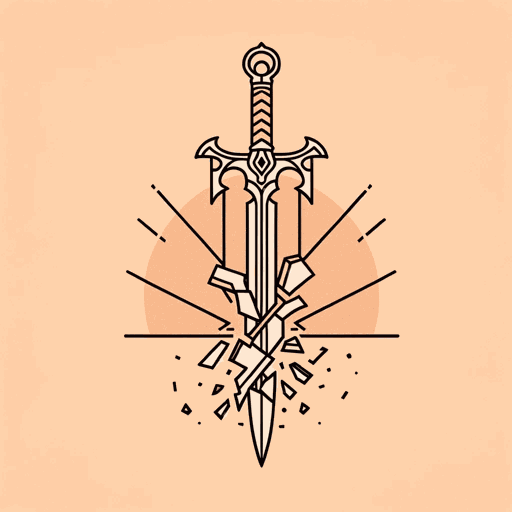42 pages • 1 hour read
Carlos Fuentes, Transl. Alfred J. MacAdamThe Death of Artemio Cruz
Fiction | Novel | Adult | Published in 1962A modern alternative to SparkNotes and CliffsNotes, SuperSummary offers high-quality Study Guides with detailed chapter summaries and analysis of major themes, characters, and more.
Symbols & Motifs
River Crossing
River crossings often represent decisive points in military battles, such as Julius Caesar’s famous crossing of the Rubicon River; they also symbolize the passage from life to death, as in the Greek myth of crossing the River Styx. Both meanings are relevant to Cruz’s persistent memory of crossing a river, which marks a key moment in Cruz’s life.
In Cruz’s punctuated memories, he often recalls (sometimes in the course of fragmented thoughts), “we crossed the river on horseback” (6, 23, 51, 82, 112, 135, 154). Only in Chapter 6 does the reader finally learn that the recurring memory is of Cruz’s son, Lorenzo. Cruz finally explains that he and his son Lorenzo experience “that fierce, steaming bright, those tense nerves” (214) while crossing the river together on their way to Veracruz. This detailed memory suggests that Cruz can suddenly and vividly recall the importance of this memory to him.
Veracruz is a seaside province in Mexico where Cruz’s hacienda in Cocuya is located. The fact that Cruz remembers the river crossing on the voyage to Cocuya reflects how Cocuya contrasts with Mexico City. It is a world apart, representing the old way of life in pre-revolution Mexico. As Cruz’s place of birth, Cocuya symbolizes the conflict between the aristocracy and the peasants.
Related Titles
By these authors




